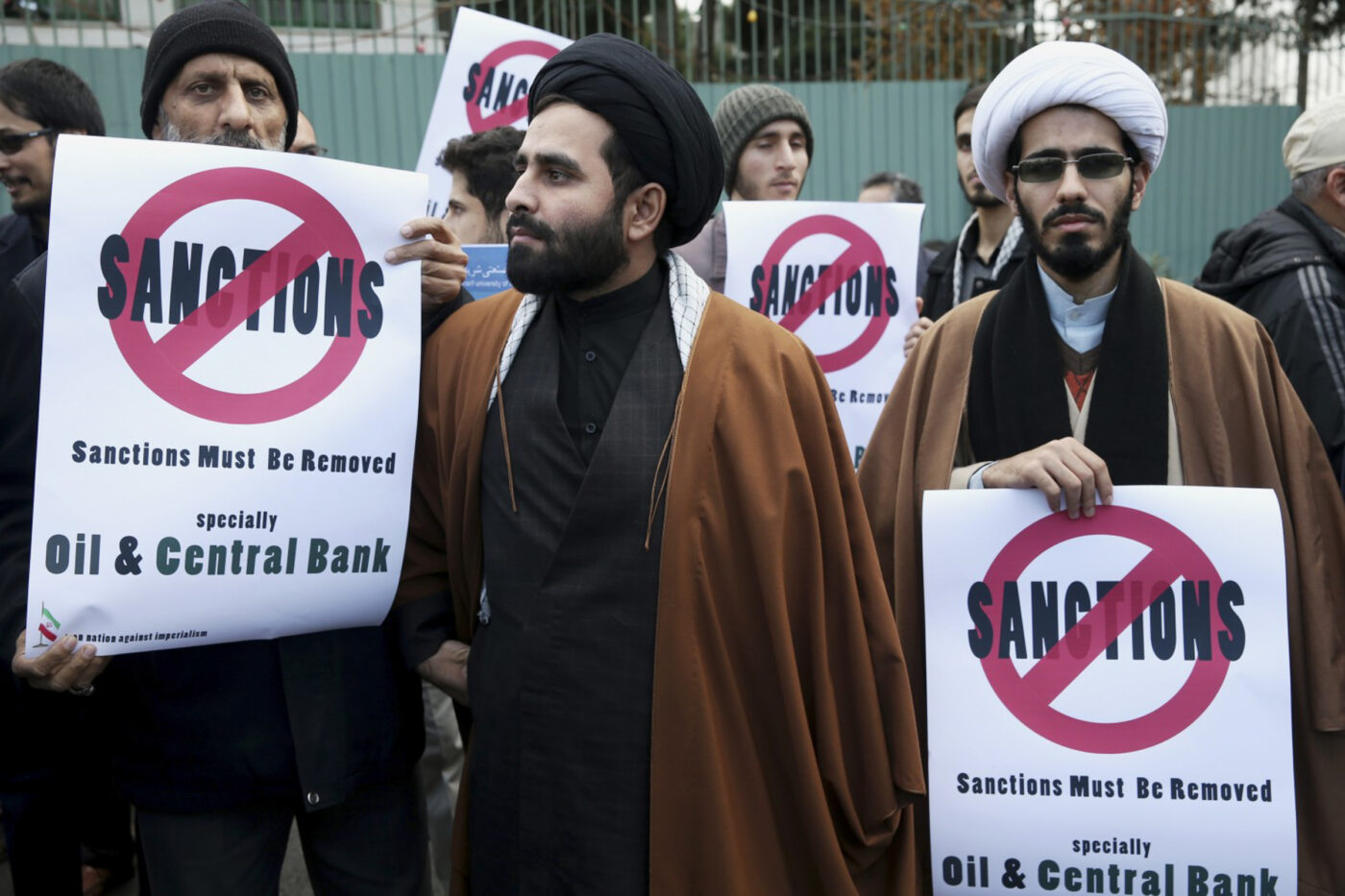After nearly two years of negotiations, Iran and six world powers have reached a multilateral deal to lift decades-long economic sanctions placed on the Islamic Republic. On Iran’s part, it is expected to limit its nuclear activity.
The Joint Comprehensive Plan of Action (JCPOA) between Iran and the P5+1—the United States (US), the United Kingdom, France, Germany, Russia, and China—seeks to lengthen Iran’s breakout capacity or the time it would require for the country to create a nuclear weapon.
The deal has been generally received as a positive development in Iranian foreign affairs. On its announcement last July 14, many Iranians took to the streets in celebration of the JCPOA, which Iranian journalist Negar Mortazavi has called “the most historic event of their lifetime.”
The start of a new era
Sanctions were first imposed by the US in 1979 to inhibit Iran’s uranium enrichment program. Other countries and entities such as the United Nations and the European Union would also impose sanctions in the years that followed.
Nuclear energy is one of the country’s main assets, as it is not as rich in oil as neighbors Saudi Arabia and the United Arab Emirates. Western powers and Iran’s neighbors alike fear that Iran, if able to use nuclear energy to develop weaponry, would be a great threat to the already agitated stability in the Middle East.
Through the JCPOA, the International Atomic Energy Agency will conduct regular inspections of Iran’s nuclear sites. The JCPOA thus allays anxieties of a nuclear-capable Iran on the regional and international levels.
For many Iranians, it means the chance to recover from years of living under economic sanctions that have crippled the country.
“Hello World,” read one sign at the celebration rally held after the deal was announced. The sentiment immediately became popular among Iranians, who, for nearly three decades, have been barred from participating in the global economy.
In an article for independent media agency New Matilda, Mariam Nekoodast* illustrated the effects these sanctions have had.
Nekoodast, a Filipino-Iranian born and raised in Iran, talked of sanction-induced problems in the medical sector. She recalled how ailing Iranians have had to purchase medications such as chemotherapy drugs and blood clotting agents from the black market at exorbitant prices, as the bans also covered dual-use medical chemicals that might have military application.
These sanctions, Nekoodast said, “have become a fact of life” for many Iranians. With the recent agreement, she hopes “that [it would] truly mean the start of a new era for Iran.”
A diplomatic achievement
Sanction relief brings hope of Iran being able to participate in the global economy, and many celebrate this as an improvement in the formerly volatile Iran-US relations.
“The meeting between Iran’s foreign minister Javad Zarif and [US Secretary of State] John Kerry [during the negotiations] is the first official meeting between two high-ranking diplomats of Iran and the US since the Iranian revolution almost 37 years ago,” notes Nekoodast.
The Iranian revolution of 1979 not only saw the ouster of US-friendly Mohammad Reza Shah Pahlavi, but also set the tone of US-Iran relations for the next three decades. The revolution famously involved the 14-month hostage taking of the US Embassy in Iran by pro-Islamic youth.
Over the current administrations of Iranian President Hassan Rouhani and US President Barack Obama, the countries have become willing to cooperate.
Javier Tionloc, a lecturer at the European Studies Department, notes the importance of the deal’s multilateralism.
“The Iran deal only materialized because it was the product not of the US alone but of the P5+1, [the US was] particular about that,” he says. “The Iran deal is an example of how diplomacy could provide more avenues for improvement, development, and peace, as opposed to an arms race.”
One step at a time
“The question of feasibility is dependent on how the relationship will unfold on a multi-stakeholder level,” says Hansley Juliano, a lecturer at the Political Science Department.
Both Tionloc and Juliano believe that the countries involved have more to gain if they meet their ends of the deal.
According to Tionloc, Iran will have more to lose if they violate the deal.
“What they lose is money and better lives,” he says. But with the Rouhani administration, which Tionloc sees as pro-development, things may be looking up for Iran.
Juliano, however, believes that Iran’s transition into a more open economy will be a slow one.
For Iranians like Mariam Nekoodast, the deal may only serve to cement Iran’s status in the Middle East and not benefit the people economically in the long run. But she sees that the deal may do well in easing the effect of the sanctions—at least for now.
“I’m focusing on economic welfare at the moment and not social and political freedoms as yet,” Nekoodast says. “As an Iranian having lived under multiple pressures all my life, I tend to be cautious and take things one step at a time.”
With reports from Frances P. Sayson
Editor’s note: Mariam Nekoodast is the writer’s aunt.




